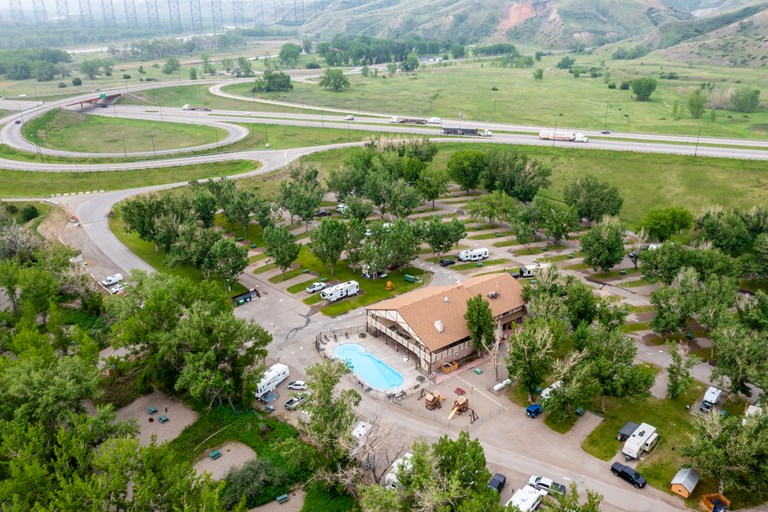Your cart is empty!
Make checkout easy by booking all your reservations at once. Add your sites from different campgrounds into your shopping cart* and then choose checkout.

A beginner camper is someone who is new to the outdoor adventure of camping and may have limited experience with the various aspects of camping, such as setting up a tent, cooking outdoors, and navigating a campsite. To be prepared, a beginner camper should take the following steps:
1. **Research and Planning:**
- Learn about the chosen campsite, its facilities, and any regulations or guidelines.
- Plan the trip based on the level of difficulty, weather conditions, and available amenities.
2. **Essential Gear:**
- Invest in basic camping gear, including a reliable tent, sleeping bag, camping stove, and appropriate clothing.
- Make a checklist and ensure all essential items, such as a flashlight, first aid kit, and cooking utensils, are packed.
3. **Practice Setting Up Equipment:**
- Set up the tent at home before the trip to become familiar with the process.
- Practice using any camping equipment or tools to build confidence.
4. **Learn Basic Outdoor Skills:**
- Acquire basic outdoor skills such as starting a fire, reading a map, and using a compass.
- Familiarize oneself with Leave No Trace principles to minimize environmental impact.
- Be aware of fire bans and the local bylaws for burning items in a campfire. Many campgrounds require that all firewood be purchased at their campground due to particular bylaws that help fight things like Dutch Elm Disease.
5. **Weather Preparedness:**
- Check the weather forecast for the camping dates and pack accordingly.
- Bring layers of clothing to accommodate temperature changes.
6. **Campground Etiquette:**
- Respect campground rules and guidelines.
- Keep noise levels down to ensure a pleasant experience for fellow campers.
7. **Safety Awareness:**
- Familiarize oneself with the area's potential hazards, such as wildlife or rough terrain.
- Have a basic understanding of first aid and carry a well-stocked first aid kit.
8. **Stay Hydrated and Well-Nourished:**
- Bring an adequate supply of water and plan meals that are easy to prepare.
- Pack non-perishable snacks to keep energy levels up.
9. **Leave No Trace:**
- Practice responsible camping by cleaning up after oneself and leaving the campsite as it was found.
10. **Seek Advice:**
- Don't hesitate to seek advice from experienced campers or park rangers for additional tips and insights.
By taking these steps, a beginner camper can enhance their camping experience and build the skills needed to enjoy outdoor adventures with confidence.
That doesn't mean this area has to always be empty. When you start reviewing camping options, your history will display here to help compare sites and find the best stay. You will be able to share your stay information with friends or family and save it for a later time if you have a KOA Account.
Make checkout easy by booking all your reservations at once. Add your sites from different campgrounds into your shopping cart* and then choose checkout.